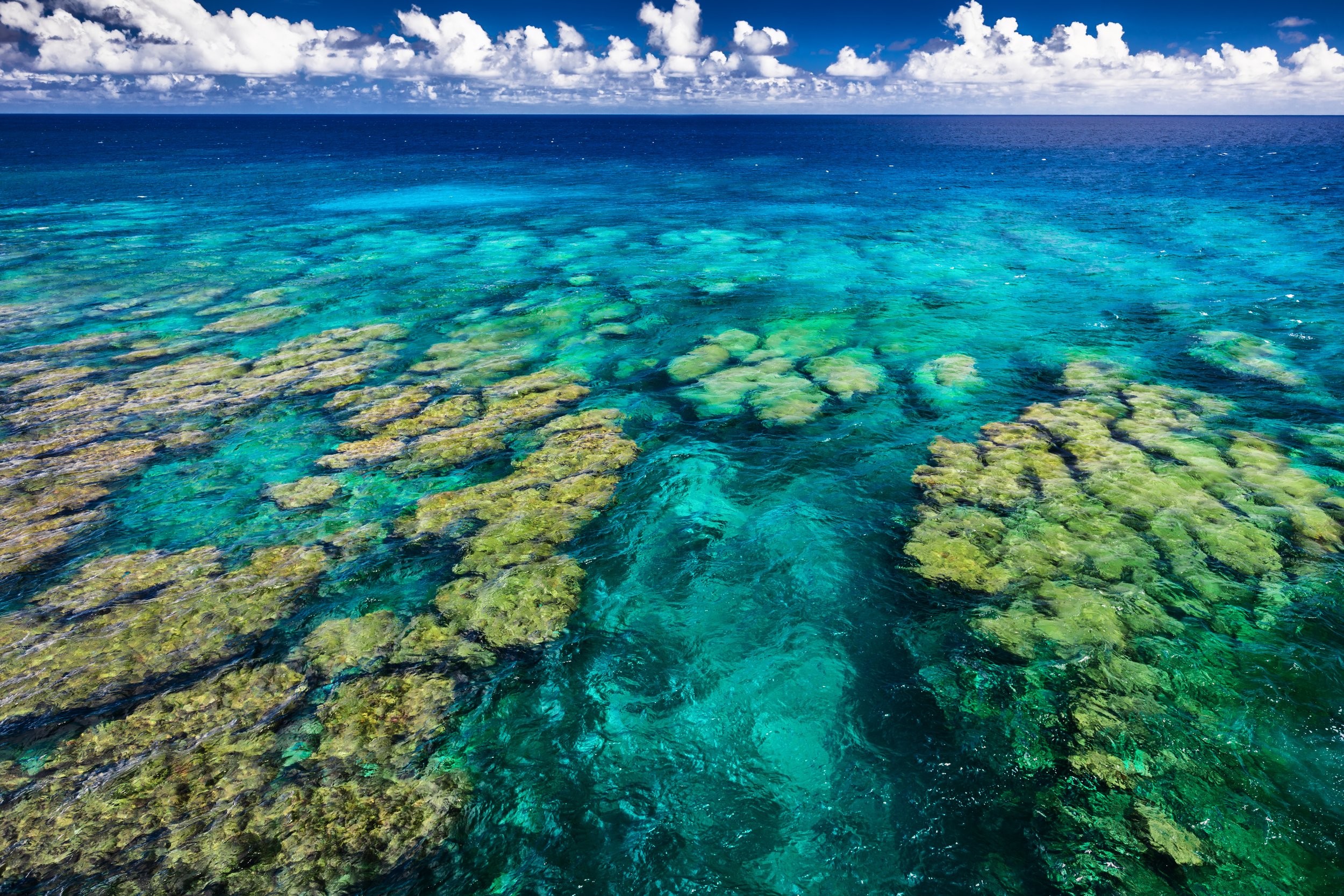Report on the restoration of coral reefs in Indonesia
(May 2017)
Along with the spectre of global warming and ocean acidification, decades of dynamite fishing, the use of chemicals, sewage and agricultural run-off, plastic debris and poor or inactive governance are decimating coral reefs within the world’s epicentre of marine biodiversity known as the Coral Triangle. The wholesale destruction of these delicate ecosystems within the broad tropical marine region of Indonesia, parts of Malaysia, the Philippines, Papua New Guinea, East Timor and the Solomon Islands, is also threatening the survival of hundreds of thousands of coastal communities who rely heavily on coral reefs for both food and income.
Investigation conclusion: Adam Cruise and Leïla Ezzat visited the fishing village on Seraya Besar, a tiny island off the west coast of Flores in Indonesia, which is reclaiming their traditional fishing heritage. In partnership with Coral Guardian, a French nonprofit organization dedicated to coral reef conservation and community empowerment, the villagers have embarked on a small-scale coral reef restoration program – and it’s proving remarkably successful. Not only is a part of the marine environment being reclaimed – with attendant fish stocks boosted – the micro-scale initiative is beginning to have an impact on the wellbeing of the ecosystem and human livelihood for a much wider area, including a potential positive repercussion on the nearby UNESCO World Heritage Site of the Komodo National Park. Their report first appeared in National Geographic in June 2017.

